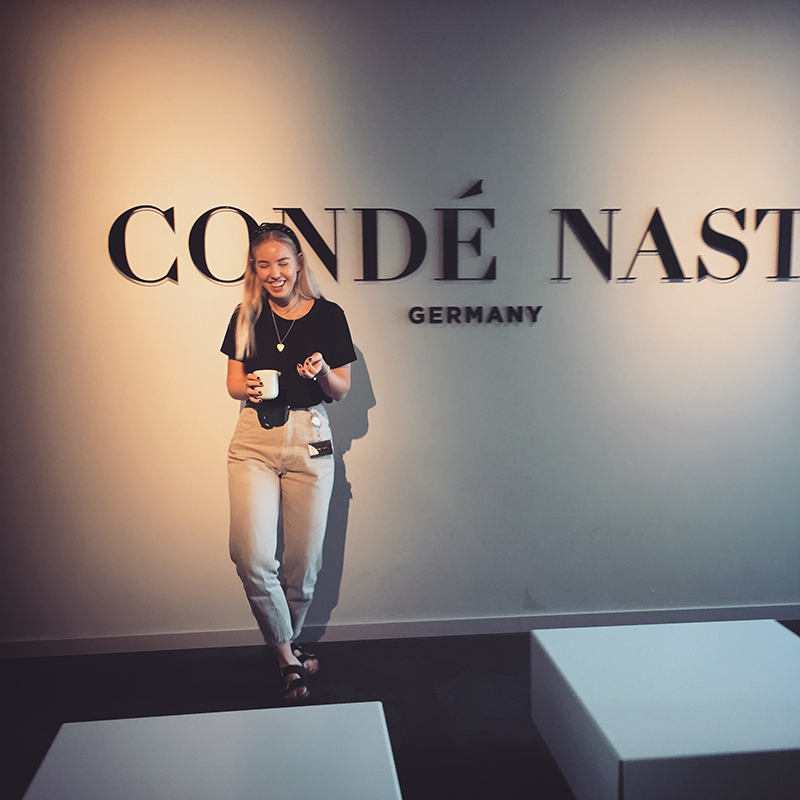Build networks and relationships in the fashion and textiles industry
You will engage with industry throughout your studies, starting from your first semester, including work on specific industry projects.
You can consult with fashion businesses extensively throughout your core and elective subjects. A major project elective provides a pathway to further academic study, with opportunities for research with an industry partner.
Lecturers and academics all have strong industry relationships and experience, and the School of Fashion and Textiles enjoys links to local and global fashion industry and government organisations.
Build on your entrepreneurial aspirations
This master’s degree offers a flexible structure with core subject and elective choices within specialist areas of the fashion system. You can customise your subject selection to build on your existing knowledge or entrepreneurial aspirations.
Subjects focus on entrepreneurial thinking, sustainable fashion, ethical supply chains, fashion analytics, and the business strategies required to build a global fashion brand.
You will study in state-of-the-art facilities at RMIT’s Brunswick campus, and you will be able to choose your electives from a University-wide subject selection.
How you will study
Subjects include a variety of teaching approaches, such as seminars, lectures and tutorials, and use methods including collaborative group work, self-directed learning, peer review, case studies, and seminars and workshops.
Assessment involves learning by doing, and will include a range of activities such as reports, e-commerce tools, written reflection, research projects, presentations, and peer or industry review.
Full-time students will attend approximately 12 hours of classes per week, combined with intensive additional self-directed study and research per week. Part-time students can attend either day or evening classes, and will need to study approximately 6 hours per week.





